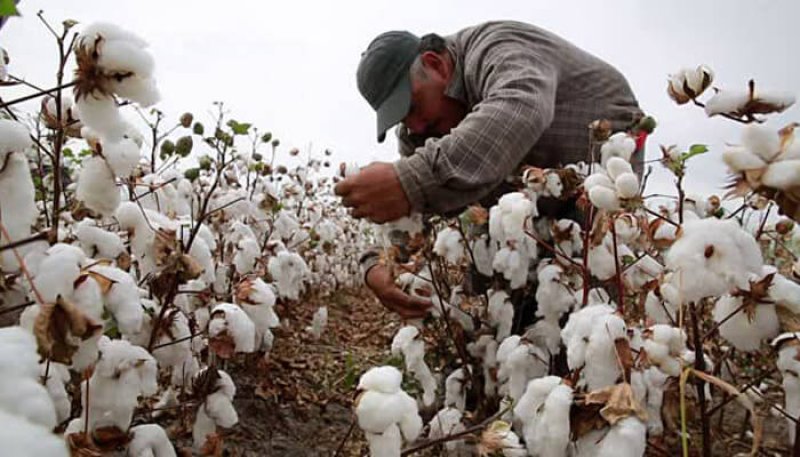Cotton producers [in Mexico are using] illegal seeds due to the government’s ban on using transgenics and due to lack of inputs, organizations and experts said.
In June 2020, the Ministry of the Environment (Semarnat) decided not to give [Mexico’s National Service of Animal and Plant Health, Food Safety and Quality] the go-ahead to grant import permits for transgenic seed from the US, a situation that does not seem to be reversing anytime soon despite calls from the sector.
“Since last year we have not imported new generation seeds, so farmers buy seed in the United States directly and import it illegally, or ‘overflow’ the seed they harvest, which is a chemical process to remove the fiber and fluff that [remains] and they sow it again,” [said Raúl Treviño, president of the National Committee on Cotton Product System.]
…
Going back to planting conventional cotton is not profitable for producers or friendly to the environment, since the crop requires more applications of pesticides and herbicides, which implies an increase in production costs and greater environmental impact.
“Semarnat’s decision is a lose-lose for Mexico, because it does not meet the objective of protecting the environment, since more insecticide must be used, which damages human health, in addition the farmers were left without an essential input for their [agricultural activity],” said Kenneth Smith, partner of the Agon consultancy.































